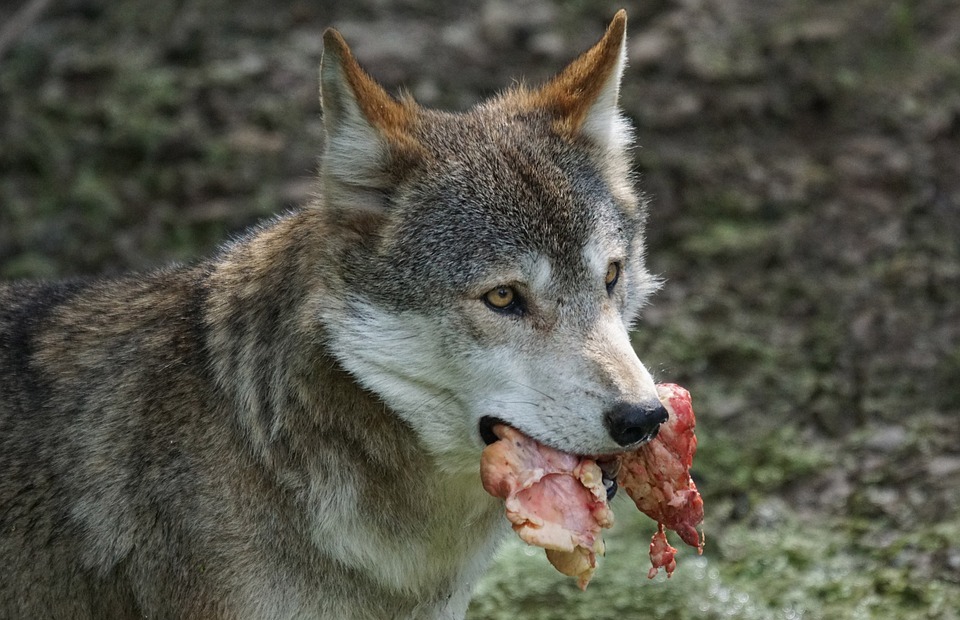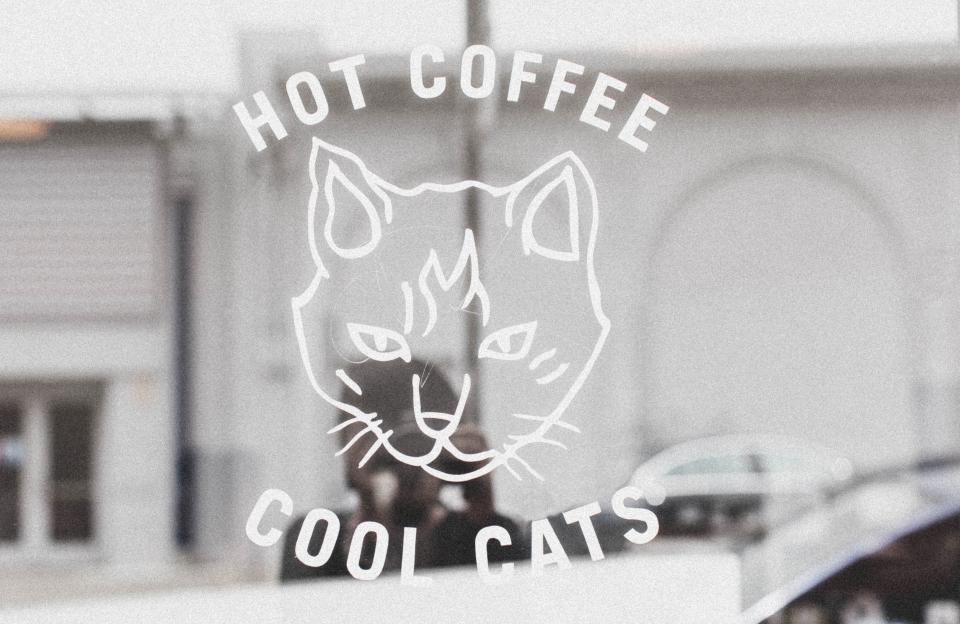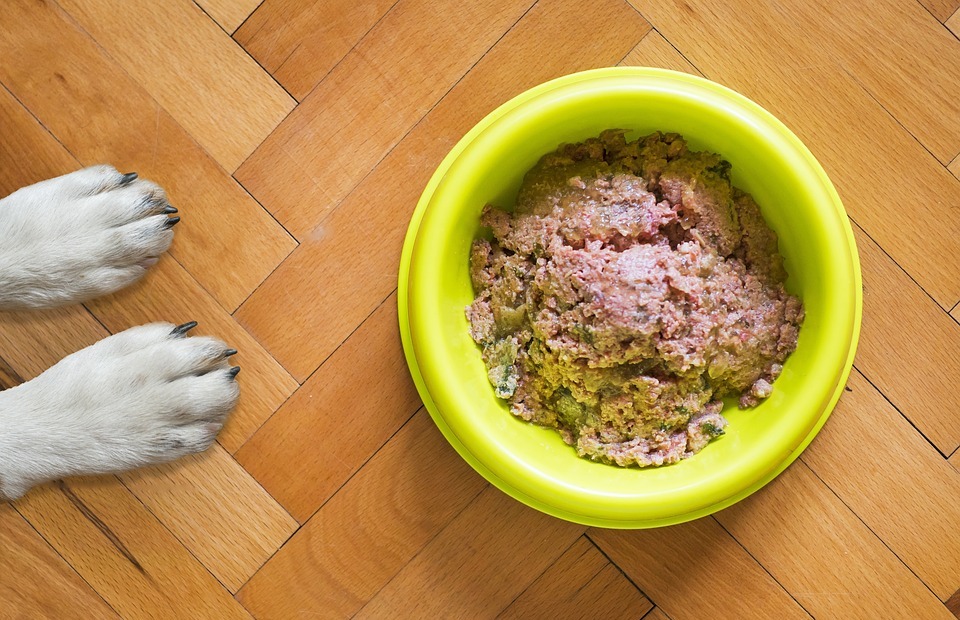This comprehensive guide will explore the question of whether dogs can eat popcorn, examining the safety of popcorn for our canine companions, considering different types of popcorn, and outlining potential risks and benefits. We'll delve into the nutritional value, potential dangers, and appropriate ways to share this popular snack with your furry friend. By the end, you'll have a clear understanding of how to safely incorporate popcorn into your dog's diet, if at all.
Part 1: The Popcorn Dilemma

1.1 Is Popcorn Safe for Dogs?
The short answer is, it depends. Plain, unbuttered, unsalted popcorn, without any added seasonings or flavourings, is generally considered safe for dogs in small quantities. However, certain types of popcorn and preparation methods can pose risks, making it crucial to exercise caution.
1.2 Why Popcorn Can Be Problematic
- Choking Hazard: Popcorn kernels, particularly unpopped ones, can be a choking hazard for dogs, especially smaller breeds. The small, hard pieces can get lodged in their throat or windpipe, leading to difficulty breathing, panic, and even suffocation.
- Gastrointestinal Issues: The indigestible nature of popcorn can lead to stomach upset, bloating, and constipation in dogs. The large amount of fibre can also cause gas and discomfort in their digestive system.
- Nutritional Value: Popcorn offers little nutritional benefit for dogs. While it does contain some carbohydrates, these are primarily simple sugars, which can lead to spikes in blood sugar levels and contribute to weight gain if consumed excessively.
Part 2: Types of Popcorn and Their Risks

2.1 Plain Popcorn
Plain, air-popped popcorn, free of butter, salt, and seasonings, is the safest option for dogs. However, even this should be given in moderation due to the potential choking hazard and digestive issues. When giving plain popcorn, ensure that all kernels are fully popped and that any large, unpopped kernels are removed.
2.2 Buttered and Salted Popcorn
Butter and salt are harmful to dogs. Butter contains high amounts of fat, which can lead to pancreatitis and obesity in dogs. Pancreatitis is a serious condition that can be life-threatening. Excessive fat intake can also cause diarrhoea, vomiting, and lethargy. Salt can cause dehydration, vomiting, and even kidney problems. In dogs with pre-existing kidney issues, consuming salty popcorn can worsen their condition.
2.3 Flavoured Popcorn
Flavoured popcorn, including those with cheese, caramel, or other seasonings, is strictly off-limits for dogs. These additives are often toxic to canines and can cause various health complications. Some common flavouring agents, like garlic and onions, can be fatal to dogs. Other artificial flavours and preservatives can lead to digestive upset, allergies, and even more serious health issues.
2.4 Microwave Popcorn
Microwave popcorn, especially those with butter, salt, and flavourings, is a definite no-go for dogs. The chemicals used in the bag, such as perfluorooctanoic acid (PFOA), can be harmful to dogs, potentially causing liver and kidney problems. The buttery, salty nature further increases the risk of health problems, as mentioned previously.
Part 3: Potential Benefits of Popcorn for Dogs

3.1 Low-Calorie Treat
Plain, air-popped popcorn can be a low-calorie treat option for dogs, particularly for those who need to maintain a healthy weight. However, it's essential to be mindful of portion control. The low calorie content and low fat content make it a better choice than many other treats, but it should not be a primary food source.
3.2 Mental Stimulation
Scattering a few pieces of plain popcorn around for your dog to sniff out and find can provide a fun and engaging activity, stimulating their senses and keeping them entertained. This can be a helpful way to provide mental enrichment for dogs, particularly those who are bored or inactive.
3.3 Training Rewards
Some dog owners use small pieces of plain popcorn as a training reward, as it can be a motivating treat for some dogs. However, ensure that the popcorn is broken into small pieces to prevent choking and that the dog doesn't become reliant on it as their primary reward.
Part 4: How to Safely Share Popcorn with Your Dog
4.1 Moderation is Key
Always give your dog popcorn in moderation. A few popped kernels, no larger than the size of a pea, are enough for a small treat. A good rule of thumb is to offer no more than 1-2 tablespoons of popcorn per day for a medium-sized dog. Smaller dogs should receive even less.
4.2 Choose Plain, Air-Popped Popcorn
Avoid butter, salt, seasonings, and flavourings. Stick to plain, air-popped popcorn for the safest option. Ensure that the popcorn is completely cooled before giving it to your dog, as hot popcorn can burn their mouth.
4.3 Supervise Your Dog
Always supervise your dog while they are eating popcorn, ensuring they don't choke on unpopped kernels or large pieces. Be vigilant and look out for any signs of choking or discomfort.
4.4 Introduce Gradually
If you are introducing popcorn to your dog for the first time, start with a single piece and monitor their reaction. If they tolerate it well, you can gradually increase the amount. Be observant for any signs of digestive upset or allergic reaction.
Part 5: Signs of Problems
5.1 Choking
If your dog is choking on popcorn, immediately seek veterinary attention. Signs of choking include gagging, coughing, wheezing, and difficulty breathing. If your dog cannot breathe, perform the Heimlich maneuver as directed by your veterinarian.
5.2 Digestive Issues
Watch for symptoms such as vomiting, diarrhoea, constipation, abdominal pain, or lethargy, which can indicate digestive problems. If these symptoms persist or worsen, contact your veterinarian immediately.
5.3 Other Reactions
Observe your dog for any unusual behaviour, such as excessive drooling, pawing at the mouth, or shaking the head. These may indicate an allergic reaction, a food intolerance, or a digestive issue.
Part 6: When to Consult a Veterinarian
If you suspect your dog has eaten popcorn that may be harmful, or if they exhibit any concerning symptoms, consult with your veterinarian immediately. They can provide expert advice and potentially diagnose and treat any issues.
Part 7: Alternatives to Popcorn
If you're looking for healthy and safe treats for your dog, consider alternatives such as:
- Fruits: Apples (without seeds), bananas, blueberries, strawberries, mango, melon (in moderation)
- Vegetables: Carrots, celery, green beans, cucumber, broccoli florets (cooked), sweet potato (cooked)
- Commercial Dog Treats: Choose high-quality, healthy options with minimal additives. Look for treats that are made with natural ingredients and are low in fat and sodium.
Part 8: FAQs
8.1 Can Puppies Eat Popcorn?
Puppies are more susceptible to choking and digestive problems than adult dogs. It's best to avoid giving popcorn to puppies altogether. Their smaller airways and underdeveloped digestive systems make them more vulnerable to choking and stomach upset.
8.2 Can I Give My Dog Kernel Popcorn?
No, it's crucial to avoid giving your dog unpopped kernels. They are a major choking hazard and can cause serious digestive issues. The hard kernels can also damage their teeth and gums.
8.3 What If My Dog Eats Popcorn with Butter and Salt?
If your dog eats buttered and salted popcorn, monitor them closely for signs of digestive problems, dehydration, or other health issues. Contact your veterinarian if you have any concerns. They may recommend inducing vomiting or providing supportive care depending on the severity of the ingestion.
8.4 Can Dogs Eat Popcorn With Caramel?
Caramel is highly toxic to dogs and should never be given to them. It can cause a range of health problems, including diabetes, obesity, and pancreatitis. The sugar content can also lead to dental problems.
8.5 How Often Can I Give My Dog Popcorn?
Popcorn should be a rare treat for dogs. It's best to limit it to a few pieces once or twice a week at most. Remember that treats should make up only a small portion of their diet, and a balanced, nutritious dog food should be the primary food source.
8.6 Is Popcorn Good for Dogs' Teeth?
Popcorn does not offer any dental benefits for dogs. It's important to maintain regular dental hygiene through brushing and professional cleanings. Chewing on hard popcorn can actually damage their teeth and gums.
8.7 Is Popcorn a Good Source of Fibre for Dogs?
While popcorn does contain some fibre, it's not an ideal source for dogs. Better sources of fibre include fruits, vegetables, and commercial dog food specifically formulated for digestive health.
Everyone is watching
-

Can Dogs Eat Bananas? A Guide to Safe Treats
DOGS & PUPPIESThis comprehensive guide will delve into the world of canine nutrition, focusing on the popular question: can ...
-

Can Dogs Eat Oranges? (Is It Safe or Toxic?)
DOGS & PUPPIESThis article delves into the question of whether dogs can safely consume oranges. We'll explore the nutrition...
-

Can Dogs Eat Grapes? The Shocking Truth About This Fruit
DOGS & PUPPIESThis article delves into the controversial topic of grapes and dogs, exploring the potential dangers associate...
-

Why Do Dogs Eat Poop? Understanding Coprophagia in Dogs
DOGS & PUPPIESThis article delves into the perplexing phenomenon of coprophagia, the act of eating faeces, in dogs. We explo...
-

Can Dogs Eat Shrimp? A Guide to Safety and Risks
DOGS & PUPPIESThis comprehensive guide dives into the world of shrimp and dogs, exploring the potential benefits and risks a...
